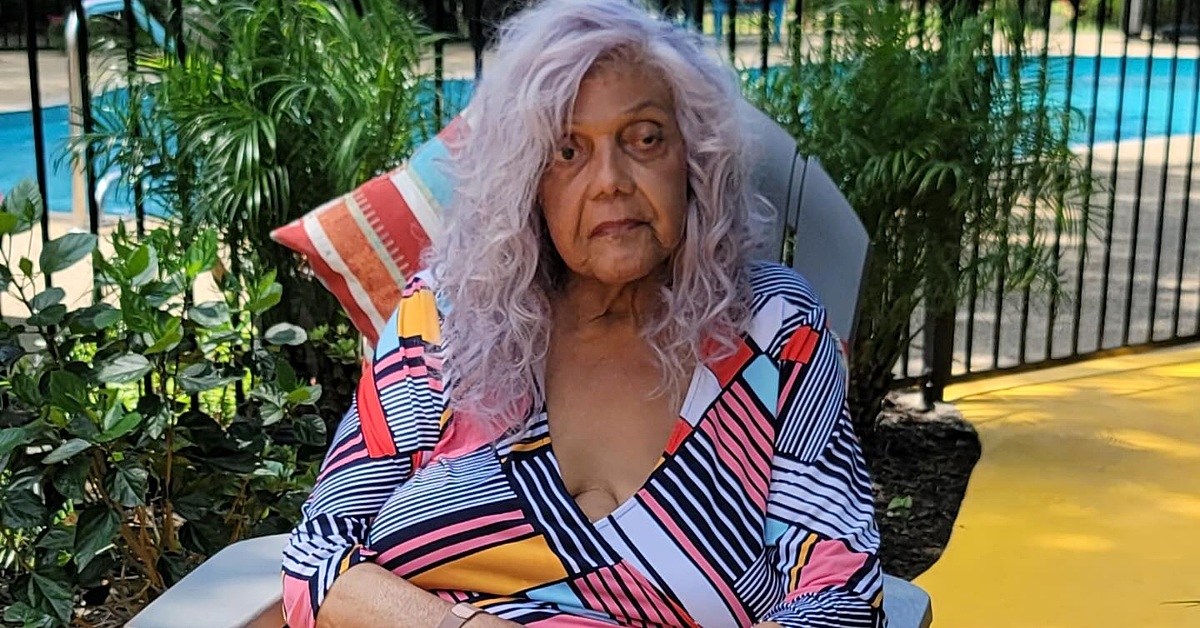BY: DM
Published 2 months ago

Transgender rights icon Miss Major Griffin-Gracy, a Black trans woman and Stonewall veteran, died on Oct. 13 at age 78. She passed away at her home in Little Rock, Arkansas, surrounded by loved ones, according to a statement posted on Instagram.
Miss Major’s life was activism, from the day she arrived on the scene. In 1969, then in her early 20s, she helped ignite the Stonewall uprising in New York City — the rebellion that launched the modern LGBTQIA+ rights movement.
In the final weeks she had entered hospice care after a serious illness. Since her passing, her death has sent shockwaves through the community as people continue to reflect on her lasting legacy.
Miss Major Griffin-Gracy battled health problems for years.
According to Them, Miss Major had been hospitalized in September with a blood clot and sepsis, and was later released to home hospice care. Over time, she faced multiple health setbacks, including two strokes — the second in 2019 — but she never stopped fighting for trans lives.
“Miss Major–known as ‘Mama’ to many–was a Black, trans activist who fought for more than fifty years for trans, gender nonconforming, and LGBTQIA+ community– especially for Black trans women, trans women of color and those who have survived incarceration and police brutality,” read the statement announcing her death. Despite her fighting spirit, Miss Major’s body began to fail. Doctors released her to home hospice care, where she later died. No cause of death was made public.
News of Miss Major’s death hit the community like a punch. LGBTQIA+ voices across the country praised her fearless spirit. “She was a pillar for Black trans women and an amazing advocate for trans and nonbinary people who are survivors of institutional violence, especially those in the carceral systems,” said Cecilia Chung, a transgender woman and senior adviser at the Oakland-based Transgender Law Center, in an interview with The Bay Area Reporter. “Today, we are not just mourning the loss of an elder, we are also celebrating the life of a phenomenal person loved by all of us.”
Kierra Johnson, president of the National LGBTQ Task Force, told ABC7, “[Miss Major] was a sharp and unyielding truth teller, undeniably loving and generous to those who called her Mother… There will never be another like her.”
Miss Major Griffin-Gracy spent her life fighting for LGBTQIA+ rights.
In the years after the Stonewall riots, she often reflected on the pivotal moment in LGBTQIA+ history that she helped shape. “The cops beat on you till you drop. Everybody that stood up to them went through that,” she told The Guardian. “It wasn’t pretty. It was a riot. We were fighting for our lives. It was so sad.”
After Stonewall, Miss Major moved to San Francisco and faced difficult times. According to The Advocate, she was arrested in 1973 and jailed in men’s prisons. In the early 1980s, she organized a group of trans women called the “Angels of Care” to support gay men dying of AIDS. She also launched one of San Francisco’s first mobile needle-exchange vans to help save lives.
In 2019, Miss Major settled in Arkansas and founded the House of GG (Griffin-Gracy Educational & Historical Center). The retreat center — complete with a pool and hot tub — created a joyful refuge for trans, queer, and gender-nonconforming people in the South.
What do you think younger generations can learn from Miss Major’s legacy? Comment below!










